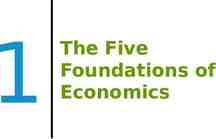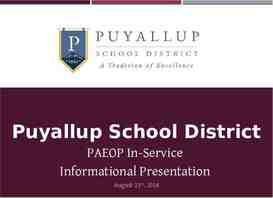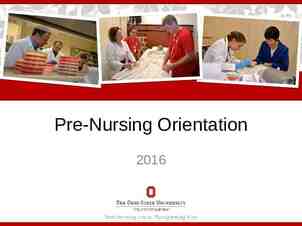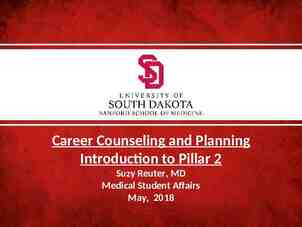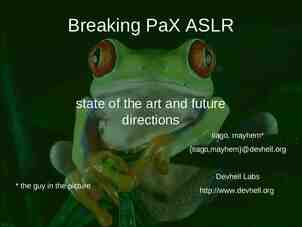The Way to A Successful Career: Graduate Degree Programs CK Cheng EECS
15 Slides685.21 KB

The Way to A Successful Career: Graduate Degree Programs CK Cheng EECS Department National Taiwan University CSE Department UC San Diego 1

The way to a successful career What is the most important ingredient to succeed in our career? A. B. C. D. Motivation Knowledge Innovation Personal relation Please note that most of the questions in this talk are open. There is no perfect answer. 2

Graduate Degree Programs 1) 2) 3) 4) 5) Why I am here Who wants to go to graduate school What to expect from the graduate program How to be successful in the program Summary 3

Why I am here 1976 BS, EE NTU 1978 MS, EE NTU 1980 Military Service 1984 Ph.D., EECS UC Berkeley 1986 Engineer, AMD 1986 , Prof., CSE Dept., UC San Diego – 38 Ph.D. graduates, 31 visiting scholars – Chair of admission, MS program Collaborator/Consultant: Altera, Ansys, Bellcore, Cadence, Fujitsu, HP, IBM, Intel, Mentor, NEC, Qualcomm, Sun, Synopsys, Xilinx 4

Why I am here: Ph.D. experience Preliminary Exam: Oral exam with 1/2 rate – I read Circuit Theory by E.S. Kuh n times, n 3. Advisor: E.S. Kuh – Integrity and capacity – Lifelong relationship Creativity and practicality – Placement using circuit analogy: Strength of UC Berkeley, Math experts, Bottlenecks – Internship 5

Who wants to go to graduate school Love to study – Voracious appetite for knowledge Wonder about the world with curiosity – Motivation for innovation – Can we do better – Why not A. Einstein: The important thing is not to stop questioning. Strive for breakthroughs – No need to invent another wheel – Willing to take risks Jack Welch “Tipping points (are) learning experiences from complete failures.” From How Blowing up a Factory Changed Jack Welch 6

What do we learn from Jack Welch? Which of the following is the most relevant to a successful career? A. To risk with adventures; B. To get failure experiences; C. To be able to accept the failure; or D. To be able to recover from the failure. Which one is your choice? 7

What to expect from graduate program 8

What to expect from graduate programs Broaden career path – Academia, research institute, industrial research center, industry Find mentors for career – Adviser(s), committee members, lab mates Conversation skills – Presentations of conferences, seminars, defense – Sale your problems and solutions Learn the knacks of problem solving – Survey, implementation, testing, set backs, innovation – Dedication Make a dent in the technology 9

What to expect from graduate programs What is the most valuable experience in your graduate program? A. To take the graduate classes B. To create something new C. To present in public D. To learn from the adviser E. To collaborate with lab mates 10

How to be successful (Advising) Find and keep an advisor – Lifelong relationship – Chemistry of personality – Start as master and apprentice Understand the mechanism of advising – Mutual needs and commitments Both share time, energy and ideas Advisor: Intellectual guidance, professional advocacy Student: Research engine, source of novel ideas What turns on a professor – Excellent researchers vs bookworms – Research projects vs building another wheel 11

How to be successful (Personality) Aim high and start low (motivation) – Be willing to take risks – Work with a senior student Leverage the strength of the team (be humble and confident) – Step on the strength of the group – Find your talents Keep research alive (self discipline) – – – – Collaboration with advisor, mentors, colleagues Take advantage of the program as your prime time Keep reading, exploring, testing and writing Observe the publication calendar 12

Summary Personality – Motivation: strong enough to try and try and try Creativity – Find your niche: understand and use your talents Graduate Program – Get a personal trainer to succeed in your career 13

Thank You! 14

Reference http://www.tsmc.com/english/aboutTSMC/ values.htm How to get started on research in graduate school, L. Saul, UCSD, 2014 How to have a good career in computer science, S. Savage, UCSD, 2014 Books by D. Liu 15

